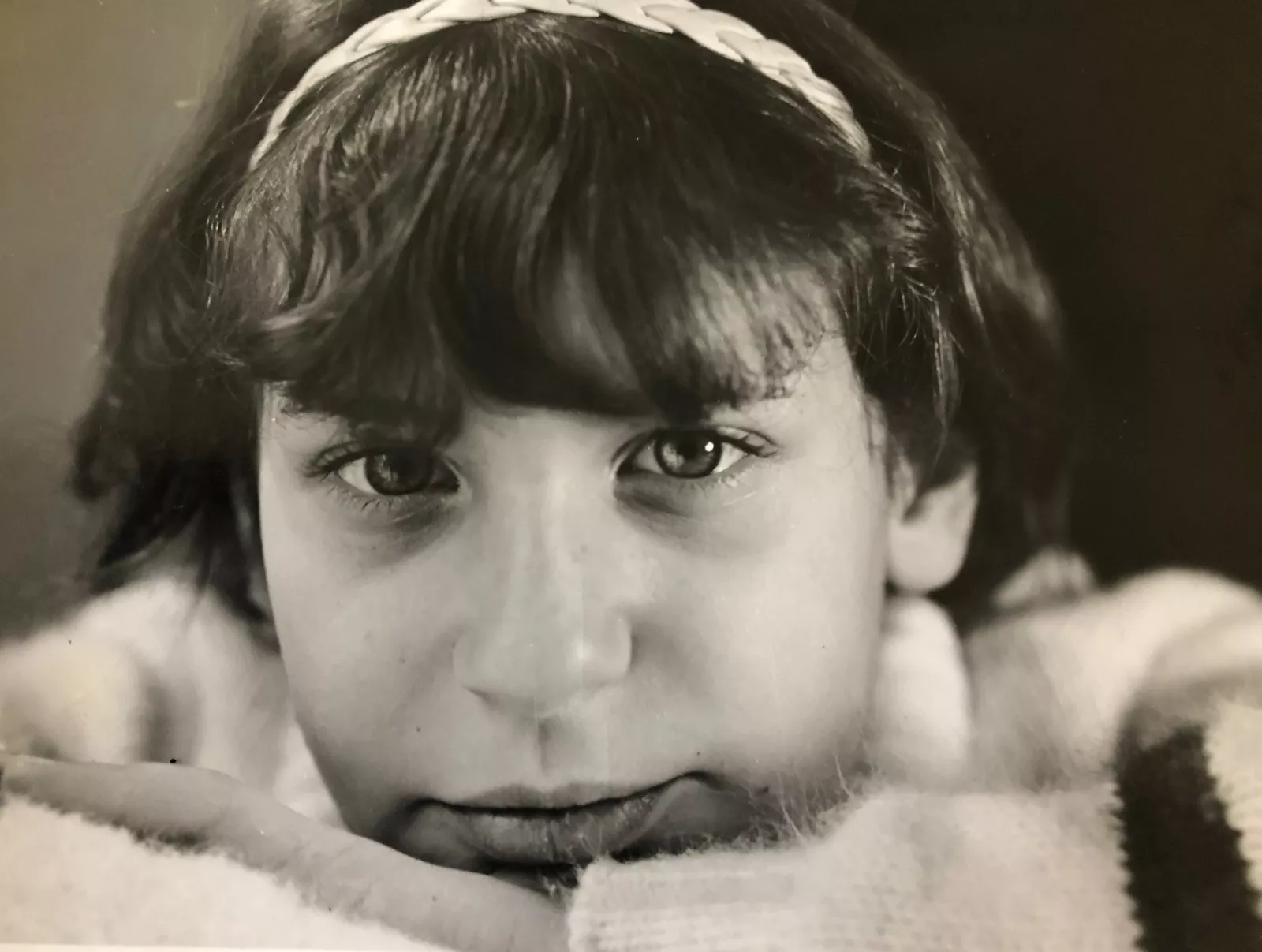Raised without Religion
Several community moment speakers have described their experiences growing up in a family strongly committed to a particular religion such as Southern Baptist or Christian Science. Often they experienced inner turmoil as they came to distance themselves from that religion, its beliefs and practices. In some cases that experience sent them on their personal journeys to Oasis.
In my case the starting point was exactly the opposite. The rejection of religion started in my grandparents’ generation. Three of my four grandparents were Jewish immigrants from Russia who rejected religion based on their firmly left-wing ideas. Consequently both families raised my parents without religion, so I was a second generation secular Jew who celebrated Christmas (it’s really a pagan solstice festival…) and even ran Easter egg hunts for my little sisters. But aside from that, we never attended services of any kind.
As a child, even though I identified as Jewish, I knew nothing at all about the Jewish religion. I never read the Bible, Old or New Testament, never prayed. In fact, one vivid memory of growing up centered on the day President Kennedy was assassinated. Sitting at my desk in my first grade classroom, an announcement came over the loud speaker. The principal was clearly upset, but I couldn’t entirely figure out what had happened (Assassination??? New word for me. President, who’s that??? I was 6!). But I truly puzzled over what happened next. Someone, the principal or the teacher, suggested that we pray for the president. I had no idea what that meant, I tried to blend in. What was everyone doing?
Still, the absence of religion did not make it any easier for me when, like several community speakers, I experienced my own crisis. In high school, the deaths of two of my best friends’ parents, one a slow painful cancer, the other the sudden result of an unexpected sailing accident, left me reeling. How could this happen? They were good people, this was completely unfair. What did it mean? Why am I even alive???
At college I took the opportunity to examine these questions by exploring religion, filling in some of the blanks. First, I read the entire Old Testament as an independent study project under the supervision of a professor of religion. I had originally proposed reading both testaments but, with only a one month Winter-Term, the professor suggested just reading one. I was blown away; what an incredible document, its various strands woven together, the drama, the complexity. I took amazing classes on religions, starting with ancient religions and moving to the arrival of monotheism with the ancient Hebrews.
I found myself drawn to the idea of a belief in God. Not that the Bible offered any easy answers to the meaning of life. Reading the Book of Job made that clear. I just had the idea that a belief in God, any manifestation of God, would ease the feeling that life is a completely meaningless veil of tears. There would be a purpose, a reason for being here, even if I could not fully understand it. I also met people of faith that I deeply respected. They were not at all narrow-minded, judgmental know-it-alls. They were smart, rational, open-minded, thoughtful people, like my religion professor, my Catholic friend Tim, his friend (and my future husband) Andy. It seemed like a good way to resolve my painful search. But I found it impossible to construct a belief in God. That Damascus moment never arrived.
Ironically, also at college, reading Existentialists in my French class gave me, not answers, but a way of being in the world. If we can’t pick up a set of life rules packaged by a religion, then we are free to set our own rules. Even if there’s no reward baked into doing the right thing, or eternal punishment for doing the wrong thing, we must make deliberate choices and fully accept the consequences of those choices. My values have meaning because I give them meaning.
That approach to the world allowed me to stop worrying about God and, starting with the Golden Rule, imbue my values with meaning. And even without a God, I also came to accept that, given the vastness of the universe and the complete insignificance of our own tiny, ridiculous lives, we are not the end. We’re tiny pieces of something infinite, something beyond us, something beyond comprehension as Andy would say. It’s not something I can personify, believe in or pray to, but something I do feel when I sit at the water’s edge and look to the horizon, or stare at the stars on a clear night far from city lights.

